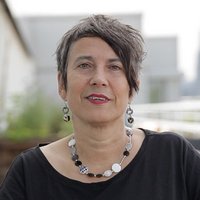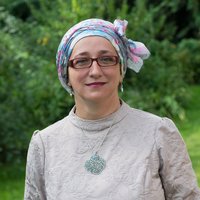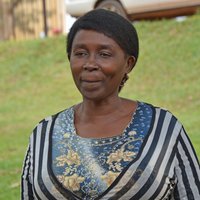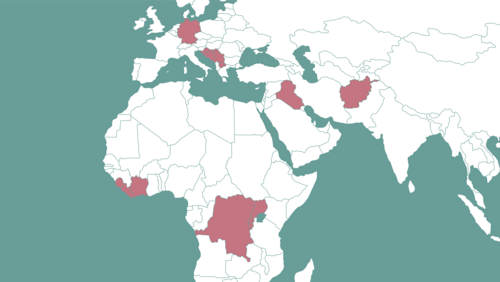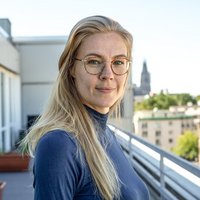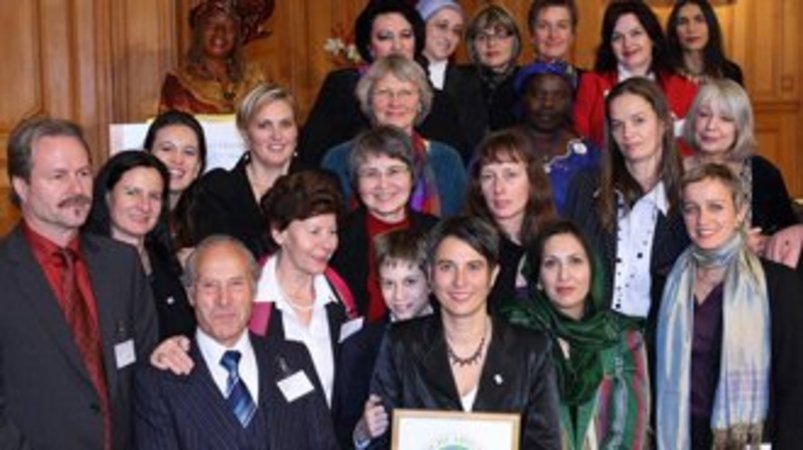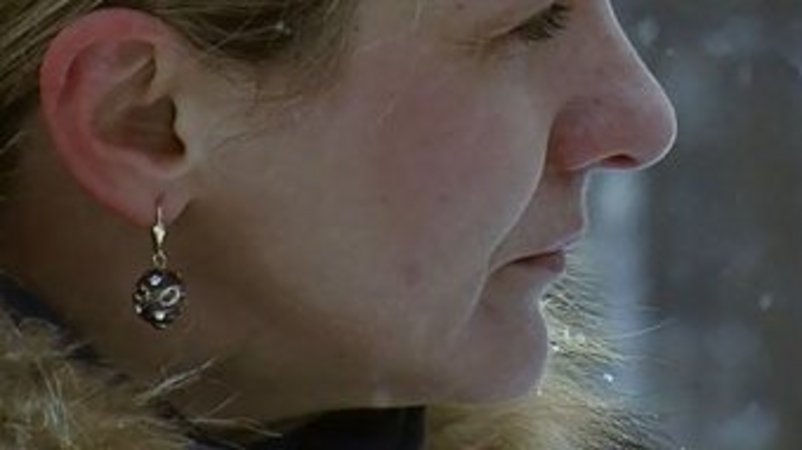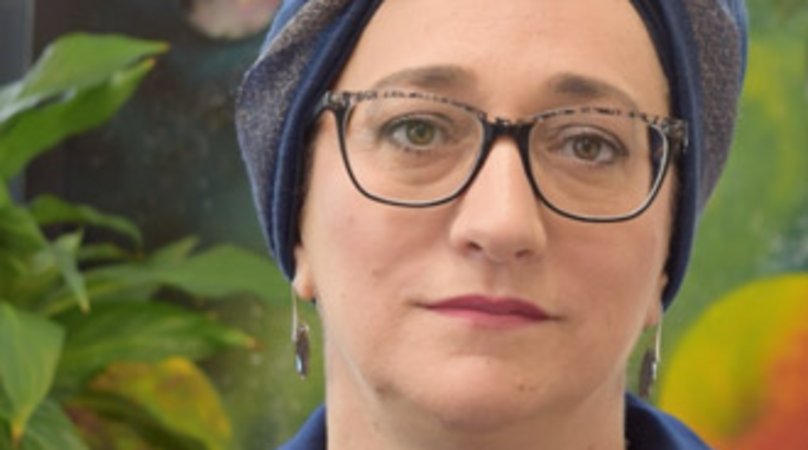Our story: How it all began
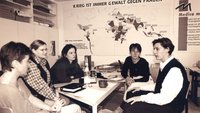
It is Autumn 1992 – the Bosnian War is raging – and Monika Hauser reads about the mass rapes being committed. The young gynaecologist is shocked. She decides to take action and do something to help the women. She encounters a lack of interest from international relief organisations, so sets off to the warzone herself. Once there, she meets female Bosnian psychologists and doctors who also want to do something to help the raped women and girls. Together they set up a women’s centre. It is the first of many such centres which medica mondiale will support around the world in the coming years.
An alliance against sexualised wartime violence
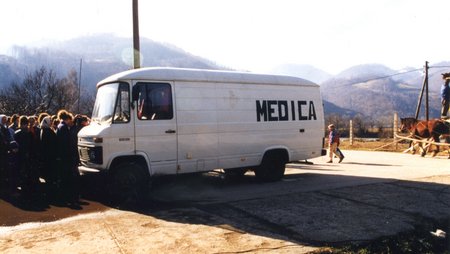
There has been sexualised violence in every war. However, the general public first really begins to take notice of this during the Yugoslav Wars in the 1990s. Monika Hauser is disgusted – about the crimes, but also about the voyeuristic nature of media reports and the fact that nobody seems to be willing to do anything about it. She discusses the issue with other women’s rights campaigners who had contacts in the region. And finds her first allies.
Bosnia: First women’s centre in Zenica
![Scene from “Aufbruch” [Starting Out], a graphic novel about the beginnings of medica mondiale. A watercolour painting from the graphic novel about medica mondiale, showing two women in a counselling session.](/fileadmin/_processed_/8/e/csm_Graphic-Novel-Aufbruch_Geschichte-medica-mondiale_CR_Anna-Mahendra-medica-mondiale_10937dd767.jpg)
In Zenica, a city in the central part of Bosnia, Ms Hauser joins forces with some 20 Bosnian, Serbian and Croatian female psychologists and doctors. This feminist solidarity, extending beyond religious or ethnic divides, will characterise the work of medica mondiale right from the start. Together, these female specialists develop concepts that enable them to support war-traumatised women and their children, even as the war is still raging.
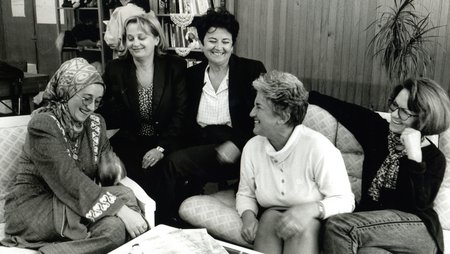
On April 4, 1993, work starts in the project building, which includes a gynaecological practice and an operating room, as well as counselling rooms. The women’s centre in Zenica grows rapidly, and others soon open. In 1994, an office with five staff members opens in Cologne, Germany, to support the women’s centre in Bosnia. When Monika Hauser is voted “Woman of the Year” in the current affairs programme of the German broadcaster ARD at the end of 1993, donations of ca. 750,000 DM are received.
Worldwide commitment to women and girls
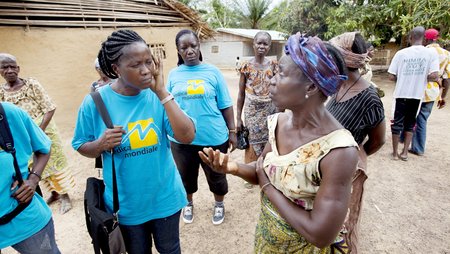
In the following years, medica mondiale expands its activity to other countries. The year 1999 sees the establishment of a women’s centre for survivors of wartime rape in Kosovo, and soon afterwards in Afghanistan, the Democratic Republic of Congo and Liberia. In 2008 Monika Hauser, the founder of the organisation, was awarded the Right Livelihood Award – also known as the “Alternative Nobel Prize”.
medica mondiale always relies on cooperation with local activists and organisations who are working towards similar goals. Core priorities here are both direct assistance for survivors and political women’s rights work. It is thanks to the joint work of our partner organisations and other women’s rights campaigners that in Bosnia and Kosovo there is now a war victim pension for raped women.
medica mondiale today
Today, medica mondiale is an international women’s rights organisation with more than 70 staff members. We work with a network of some 40 local women’s rights organisations in South-east Europe, West Africa, the Great Lakes Region in Africa, Afghanistan and Iraq. As part of a diverse feminist movement, medica mondiale is campaigning and working for women’s rights and an end to sexualised violence, as well as long-lasting changes in our societies.
